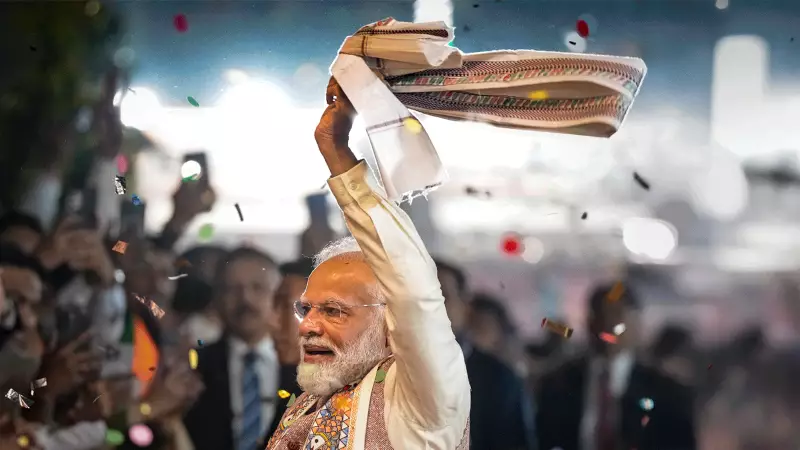
The 2020 Bihar assembly elections presented Tejashwi Yadav with a golden opportunity to emerge as the state's youngest chief minister, but strategic miscalculations ultimately cost the Rashtriya Janata Dal (RJD) leader his chance at power. Despite initial momentum and favorable conditions, Yadav's Mahagathbandhan fell short of victory, allowing the BJP-JD(U) alliance to secure another term under Nitish Kumar's leadership.
Overconfidence in Youth Appeal and Employment Promise
Tejashwi Yadav's campaign centered heavily on his 10 lakh jobs promise, which initially resonated with Bihar's youthful electorate. The RJD leader, then just 31 years old, positioned himself as the face of change and development, contrasting sharply with the established political veterans. However, this singular focus became a liability as the campaign progressed.
The BJP-JD(U) alliance effectively countered this narrative by questioning the feasibility of Yadav's employment guarantee and highlighting his limited administrative experience. More crucially, Tejashwi underestimated the enduring influence of caste equations in Bihar's political landscape. While youth employment was a pressing issue, traditional voting patterns based on caste loyalty remained deeply entrenched.
Political analysts noted that Yadav's campaign became over-reliant on this one issue, failing to develop a comprehensive vision that addressed broader concerns of various demographic groups. The employment promise, while attractive on surface, lacked detailed implementation plans that could withstand opposition scrutiny.
Failure to Secure Crucial Alliance Partners
One of the most significant strategic errors was the inability to maintain a united opposition front. The Mahagathbandhan, comprising RJD, Congress, and Left parties, appeared formidable on paper but suffered from coordination gaps and conflicting interests during the actual campaign.
Tejashwi Yadav's team failed to allocate seats optimally among alliance partners, leading to internal friction and less-than-optimal candidate placement. The Congress party, despite its diminished presence in Bihar, received a substantial number of seats that many political observers considered disproportionate to its actual strength.
This miscalculation resulted in the wastage of anti-incumbency votes in several constituencies where better-coordinated candidates could have secured victories. The alliance management reflected Yadav's relative inexperience in managing complex political partnerships compared to seasoned operators like Nitish Kumar.
Underestimating Nitish Kumar's Enduring Appeal
Perhaps the most critical mistake was underestimating Nitish Kumar's resilience and the public perception of him as 'Sushasan Babu' (Mr. Good Governance). Despite visible anti-incumbency sentiment and dissatisfaction with certain JD(U) policies, Kumar retained significant goodwill among key voter segments.
Tejashwi Yadav's campaign focused heavily on attacking Kumar's record but failed to provide a convincing alternative governance model. The BJP's sophisticated election machinery effectively bolstered Kumar's image while simultaneously highlighting what they portrayed as Tejashwi's unpreparedness for leadership.
The RJD leader also couldn't completely escape the shadow of his party's past governance record and the corruption allegations against his family. These factors allowed the NDA to position the election as a choice between experienced stability and risky inexperience.
Lessons for Future Elections
The 2020 Bihar election results demonstrated that while youthful energy and big promises can generate initial momentum, winning requires meticulous alliance management, nuanced understanding of caste dynamics, and credible alternative governance vision. Tejashwi Yadav's campaign showed promise but ultimately fell victim to these strategic gaps.
Despite the defeat, Yadav emerged as the principal opposition leader in Bihar, with his party winning the largest share of seats among individual parties. The experience, though disappointing, provided crucial lessons that could shape his political approach in future electoral battles.






